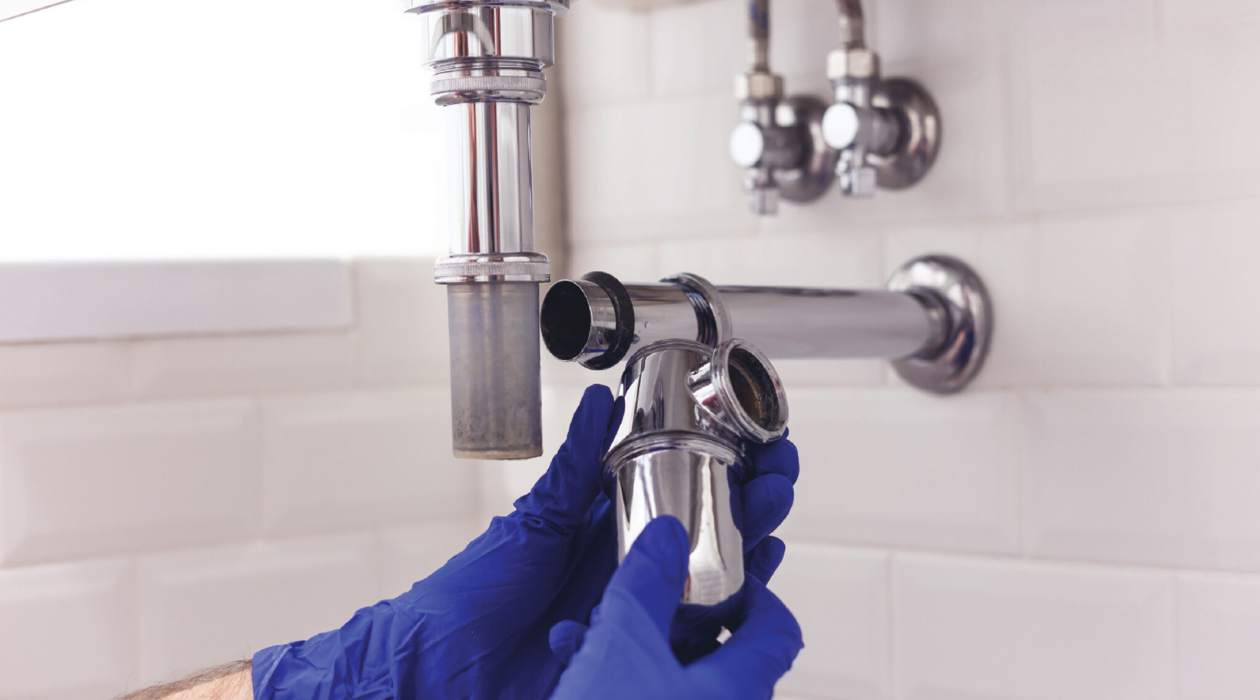

Articles
Where To Learn Plumbing
Modified: January 8, 2024
Discover a wealth of informative articles on plumbing and learn valuable skills from experts in the field. Find out where to learn plumbing today!
(Many of the links in this article redirect to a specific reviewed product. Your purchase of these products through affiliate links helps to generate commission for Storables.com, at no extra cost. Learn more)
Introduction
Plumbing is an essential trade that ensures the proper functioning of our water and sewage systems. Whether you are interested in pursuing a career in plumbing or simply want to expand your knowledge and skills, there are various avenues available for learning the trade. From local trade schools to online courses and apprenticeship programs, you have plenty of options to choose from.
In this article, we will explore the different places where you can learn plumbing and gain the expertise needed to excel in this field. So, let’s dive in and discover the various opportunities for plumbing education.
Key Takeaways:
- Local trade schools offer hands-on training, networking opportunities, and career placement services, making them an excellent choice for those who prefer structured learning and practical experience in plumbing.
- Online plumbing courses provide flexibility, self-paced learning, and access to a wide range of educational materials, making them ideal for individuals looking to enhance their plumbing skills while balancing other commitments.
Read more: How To Learn Plumbing
Local Trade Schools
Local trade schools are a great option for individuals who prefer hands-on learning and want to acquire practical skills in plumbing. These schools offer specialized plumbing programs that provide comprehensive training in various plumbing techniques and systems.
When choosing a trade school, it is important to ensure that the institution is accredited and recognized by relevant industry bodies. Look for schools that have experienced instructors who can provide personalized guidance and instruction.
Trade schools typically offer a combination of classroom instruction and practical training. Students learn about plumbing theory, pipefitting, blueprint reading, safety regulations, and more. They also have the opportunity to work with tools and equipment commonly used in the plumbing industry.
One advantage of attending a local trade school is the opportunity to network with fellow students and industry professionals. These connections can be valuable when starting your plumbing career, as they can lead to job opportunities and mentorship.
Additionally, many trade schools have career placement services that assist students in finding employment upon completion of their program. This can significantly ease the transition from education to the workforce.
Keep in mind that the duration of programs offered by trade schools can vary, ranging from a few months to a couple of years. Consider your availability and commitment level when choosing a program that suits your needs.
Overall, local trade schools are an excellent choice for those who prefer a structured learning environment and hands-on experience in plumbing. They provide a solid foundation in the trade and prepare individuals for entry-level positions in the plumbing industry.
Online Plumbing Courses
In today’s digital age, online learning has become increasingly popular and accessible. This holds true for plumbing education as well. Online plumbing courses offer flexibility and convenience, allowing individuals to learn at their own pace from the comfort of their homes.
One of the key benefits of online courses is the ability to access a wide range of learning materials, including video tutorials, interactive modules, and study guides. These resources provide in-depth knowledge of plumbing concepts, tools, and techniques.
When choosing an online plumbing course, it is crucial to select a reputable platform or institution. Look for courses that are led by industry experts and offer certifications upon completion. This ensures that the course meets industry standards and provides credibility to your education.
Online courses typically cover topics such as plumbing basics, pipe systems, fixture installations, troubleshooting, and repair techniques. They may also delve into more specialized areas of plumbing, such as heating systems or drainage systems.
One advantage of online courses is the flexibility they offer. You can study at your own pace, allowing you to balance your learning with other commitments such as work or family. This flexibility is particularly beneficial for individuals who are already working in the plumbing industry and want to enhance their skills or pursue advanced certifications.
It’s important to note that while online courses provide a wealth of knowledge, they may lack the hands-on experience that traditional plumbing programs offer. To overcome this limitation, consider seeking opportunities to practice the skills you learn online in real-life scenarios or by participating in apprenticeship programs or workshops.
Overall, online plumbing courses are an excellent choice for individuals who prefer self-paced learning and flexibility. They provide a convenient way to gain knowledge and skills in plumbing, whether you are just starting your journey or looking to expand your expertise.
Apprenticeship Programs
Apprenticeship programs are an excellent option for those who prefer a hands-on approach to learning plumbing. These programs combine on-the-job training with classroom instruction, providing valuable practical experience under the guidance of skilled professionals.
An apprenticeship allows aspiring plumbers to learn directly from experienced plumbers in a structured and supervised environment. It typically involves working alongside a journeyman or master plumber, assisting in various plumbing tasks and projects. This hands-on training is invaluable for developing practical skills and gaining a deep understanding of the trade.
Apprenticeships often last for several years, during which apprentices rotate through different aspects of plumbing, such as pipefitting, drain cleaning, and installation of fixtures. They also attend related classroom instruction, which covers subjects like plumbing codes, safety practices, and blueprint reading.
One of the major advantages of apprenticeship programs is the opportunity to earn while you learn. Apprentices earn a wage while gaining practical experience, which can help offset the cost of education and living expenses.
Furthermore, apprenticeships provide a path towards becoming a licensed plumber. In many jurisdictions, completing an apprenticeship is a prerequisite for obtaining a plumbing license. This demonstrates to employers and clients that you have met the necessary standards and are qualified to work independently as a plumber.
Apprenticeship programs are typically offered through trade organizations, plumbing unions, or directly by plumbing companies. It’s important to research and choose a reputable program that aligns with your career goals and provides proper mentorship.
Keep in mind that apprenticeships are highly competitive, with limited spots available. To increase your chances of securing an apprenticeship, it is advisable to have some basic plumbing knowledge, such as completing introductory plumbing courses or having relevant trade experience.
Overall, apprenticeship programs offer a comprehensive and immersive learning experience for aspiring plumbers. They provide the opportunity to learn from seasoned professionals, gain valuable hands-on skills, and pave the way towards a successful career in plumbing.
Consider enrolling in a trade school or community college that offers plumbing courses. Many vocational schools also offer apprenticeship programs to gain hands-on experience.
Community College Plumbing Classes
Community colleges offer a range of educational programs, including plumbing classes, that can be a great option for individuals looking to pursue a career in plumbing. These classes provide a combination of theoretical knowledge and practical training, equipping students with the skills necessary to enter the plumbing industry.
Community college plumbing classes cover a wide range of topics, including plumbing systems, pipefitting, installation of fixtures, plumbing codes, and safety regulations. These classes are typically taught by experienced instructors who have a deep understanding of the plumbing trade.
One of the advantages of community college plumbing classes is the structured curriculum they offer. These classes are designed to provide a comprehensive understanding of plumbing principles and practices, ensuring that students receive a well-rounded education.
In addition to classroom instruction, community college programs often include hands-on training in fully equipped plumbing labs. This allows students to practice their skills and become familiar with various plumbing tools and equipment, preparing them for real-world plumbing scenarios.
Community colleges also provide resources and support for students, including access to career counseling, job placement services, and networking opportunities. These resources can be incredibly valuable when looking for employment opportunities or transitioning into the workforce.
Another benefit of community college plumbing classes is the affordability factor. Compared to other educational options, community colleges often offer lower tuition fees, making it more accessible for individuals with limited financial resources.
It is important to note that community college programs may vary in length, ranging from a few months to a couple of years, depending on the specific curriculum and the level of certification or degree pursued.
Overall, community college plumbing classes provide a structured and comprehensive education in plumbing. These classes are ideal for individuals who prefer a traditional classroom setting, hands-on training, and the opportunity to earn certifications or degrees in plumbing.
Read more: Where Is The Cleanout For Plumbing
Plumbing Workshops and Seminars
Plumbing workshops and seminars are intensive, focused training sessions that offer targeted education on specific plumbing topics. These events are typically conducted by industry professionals, trade organizations, or plumbing companies and provide valuable opportunities for learning and networking.
Workshops and seminars are designed to provide practical knowledge and skills in a condensed format. They are often held over a few days or even a weekend, allowing participants to gain a concentrated amount of information and hands-on experience in a short period.
These events cover a wide range of plumbing topics, such as new technologies, advanced installation techniques, troubleshooting strategies, or specific areas like commercial plumbing or green plumbing practices. They are particularly useful for professionals who want to enhance their existing skills or stay updated with the latest industry trends and innovations.
One of the key benefits of attending plumbing workshops and seminars is the opportunity to learn from industry experts. These experts have a wealth of knowledge and experience to share, providing valuable insights and practical tips that can significantly enhance your plumbing skills.
In addition to the educational aspect, these events also foster networking among participants. You have the chance to connect with fellow plumbers, industry leaders, and potential employers or clients. Networking during these events can lead to collaborations, job opportunities, or valuable mentorship.
Attending plumbing workshops and seminars also demonstrates your commitment to professional development and continuous learning. This dedication to staying informed and up-to-date with industry advancements can set you apart in the competitive field of plumbing.
However, it’s important to note that workshops and seminars may require a registration fee or attendance cost, in addition to any travel or accommodation expenses. Therefore, it is advisable to research and select events that align with your specific goals and provide the most value for your investment.
Overall, plumbing workshops and seminars offer a focused and immersive learning experience for plumbers seeking to expand their knowledge and skills. They provide an avenue for targeted education, networking, and staying at the forefront of the ever-evolving plumbing industry.
Plumbing Books and Manuals
Plumbing books and manuals are valuable resources for individuals looking to learn or expand their knowledge in the field of plumbing. These written materials provide comprehensive information, detailed instructions, and reference materials that can be accessed anytime, anywhere.
One of the great advantages of plumbing books is the wide range of topics they cover. From basic plumbing principles to advanced techniques, there are books available to suit every level of expertise. Whether you’re a beginner looking to understand the fundamentals or an experienced plumber seeking to delve into specialized areas, plumbing books can be a valuable source of information.
Plumbing books provide step-by-step instructions and visual aids that help readers understand and perform various plumbing tasks. They cover topics such as pipe installation, fixture repairs, drainage systems, code requirements, and more. These detailed instructions are accompanied by diagrams, photographs, and illustrations, which make it easier to grasp complex concepts and techniques.
In addition to providing practical knowledge, plumbing books often contain valuable tips and insights from experienced plumbers. These insights can help readers avoid common mistakes, troubleshoot issues effectively, and improve their overall plumbing skills.
Another advantage of plumbing books is their accessibility. They can be purchased online or found in libraries, making them easily accessible to anyone interested in learning about plumbing. Whether you prefer a hardcover book or a digital e-book, there are options available to suit your preference.
It’s important to note that plumbing books should be regularly updated to reflect the latest industry standards and advancements. Look for books written by reputable authors or published by recognized organizations to ensure that you are learning from reliable and up-to-date sources.
In addition to books, plumbing manuals are also valuable resources that provide specific information on equipment, tools, and systems commonly used in the plumbing industry. These manuals offer technical specifications, troubleshooting guidelines, and maintenance tips for various plumbing components.
Plumbing books and manuals are not only beneficial for individuals pursuing a career in plumbing but also for homeowners who want to have a better understanding of their plumbing systems. They provide the knowledge and confidence to tackle minor repairs and maintenance tasks, saving time and money.
Overall, plumbing books and manuals are essential resources for anyone interested in plumbing. They offer a wealth of knowledge, detailed instructions, and valuable insights that help individuals enhance their plumbing skills and expand their understanding of the trade.
Conclusion
Learning plumbing is an exciting journey that opens doors to a rewarding and in-demand career. Whether you are a beginner looking to start your plumbing education or an experienced plumber seeking to enhance your skills, there are plenty of options available to suit your learning style and goals.
In this article, we explored various avenues for learning plumbing, including local trade schools, online courses, apprenticeship programs, community college classes, plumbing workshops, and plumbing books and manuals. Each of these options offers unique benefits and opportunities for acquiring the knowledge and skills necessary for success in the plumbing industry.
Local trade schools provide structured programs with hands-on training, while online courses offer flexibility and convenience. Apprenticeship programs provide valuable on-the-job training, community college classes offer comprehensive education, and plumbing workshops provide focused learning experiences. Plumbing books and manuals serve as valuable resources for self-study and reference.
Regardless of the learning path you choose, it is important to set goals, stay curious, and always seek opportunities for continuous learning and growth. Plumbing is a constantly evolving field, with new technologies and techniques emerging regularly. By staying up-to-date with industry advancements and continuously improving your skills, you can position yourself for success in the plumbing industry.
Remember to ensure that the educational or training options you choose are reputable, accredited, and aligned with industry standards. This will ensure that you receive the best education and that your qualifications are recognized by employers and clients.
Whether you decide to start with a local trade school, pursue online courses, join an apprenticeship program, enroll in community college classes, attend plumbing workshops, or dive into plumbing books and manuals, each step you take toward learning plumbing brings you closer to mastery and opens doors to a fulfilling and financially rewarding career.
So, start your journey now and embrace the opportunities available to you. Plumbing is a trade that will always be in demand, and as a skilled plumber, you can make a significant impact in people’s lives and contribute to the well-being of communities.
Frequently Asked Questions about Where To Learn Plumbing
Was this page helpful?
At Storables.com, we guarantee accurate and reliable information. Our content, validated by Expert Board Contributors, is crafted following stringent Editorial Policies. We're committed to providing you with well-researched, expert-backed insights for all your informational needs.
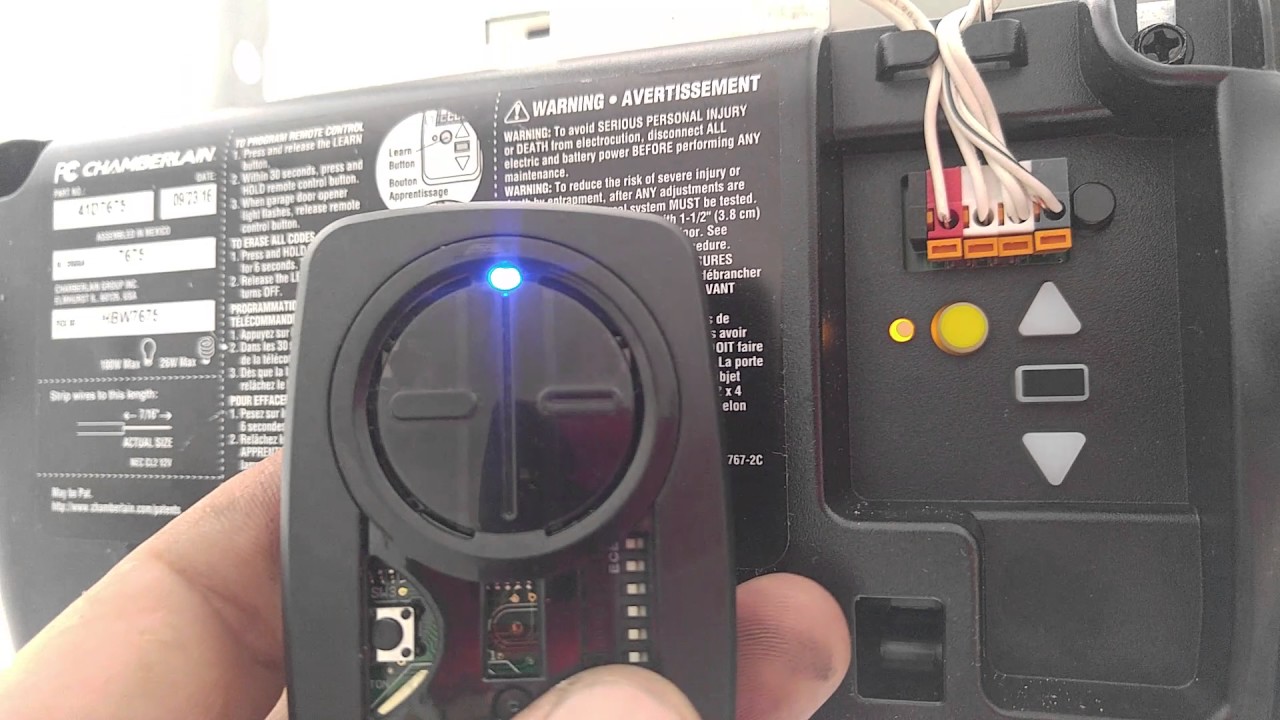

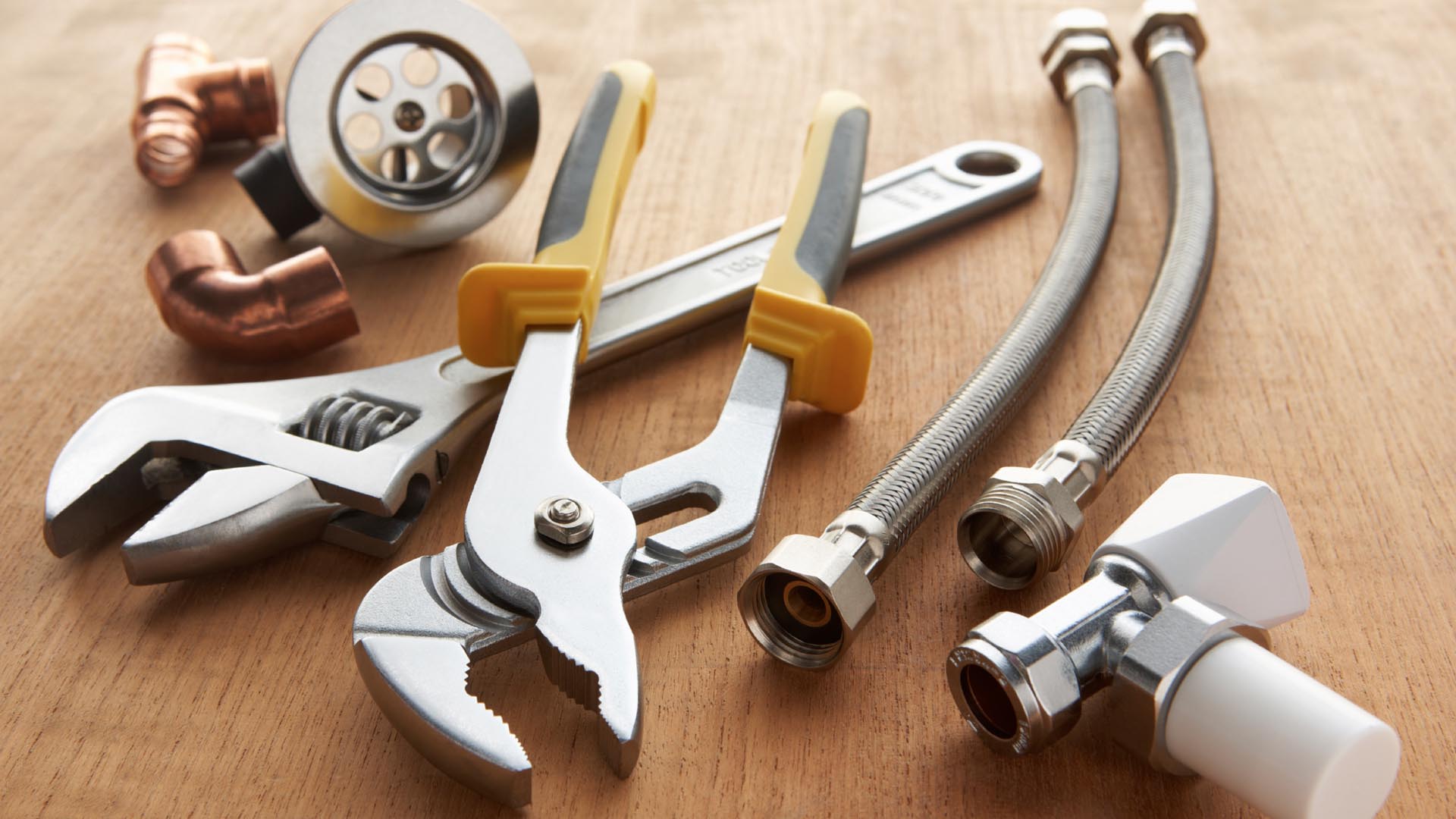
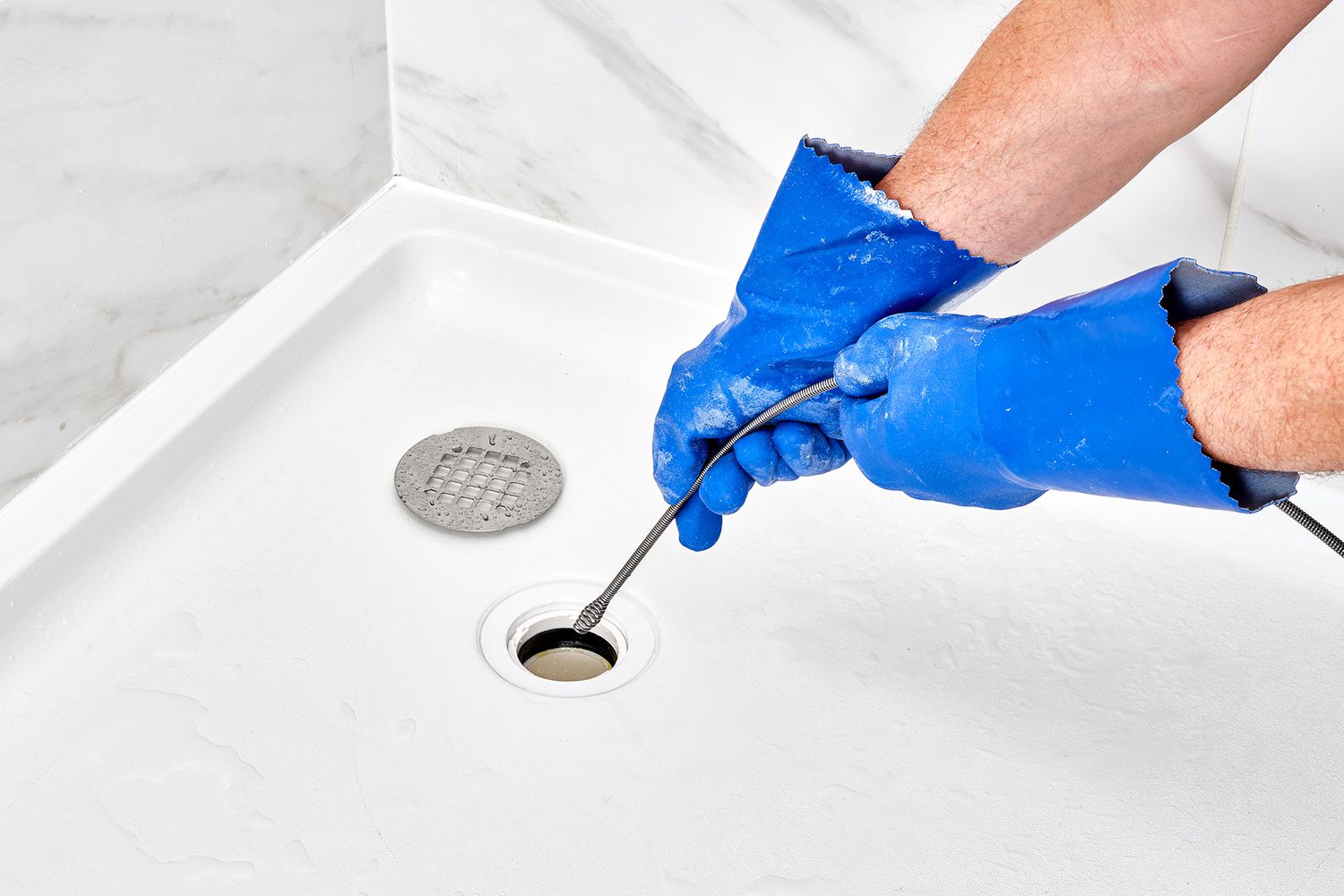
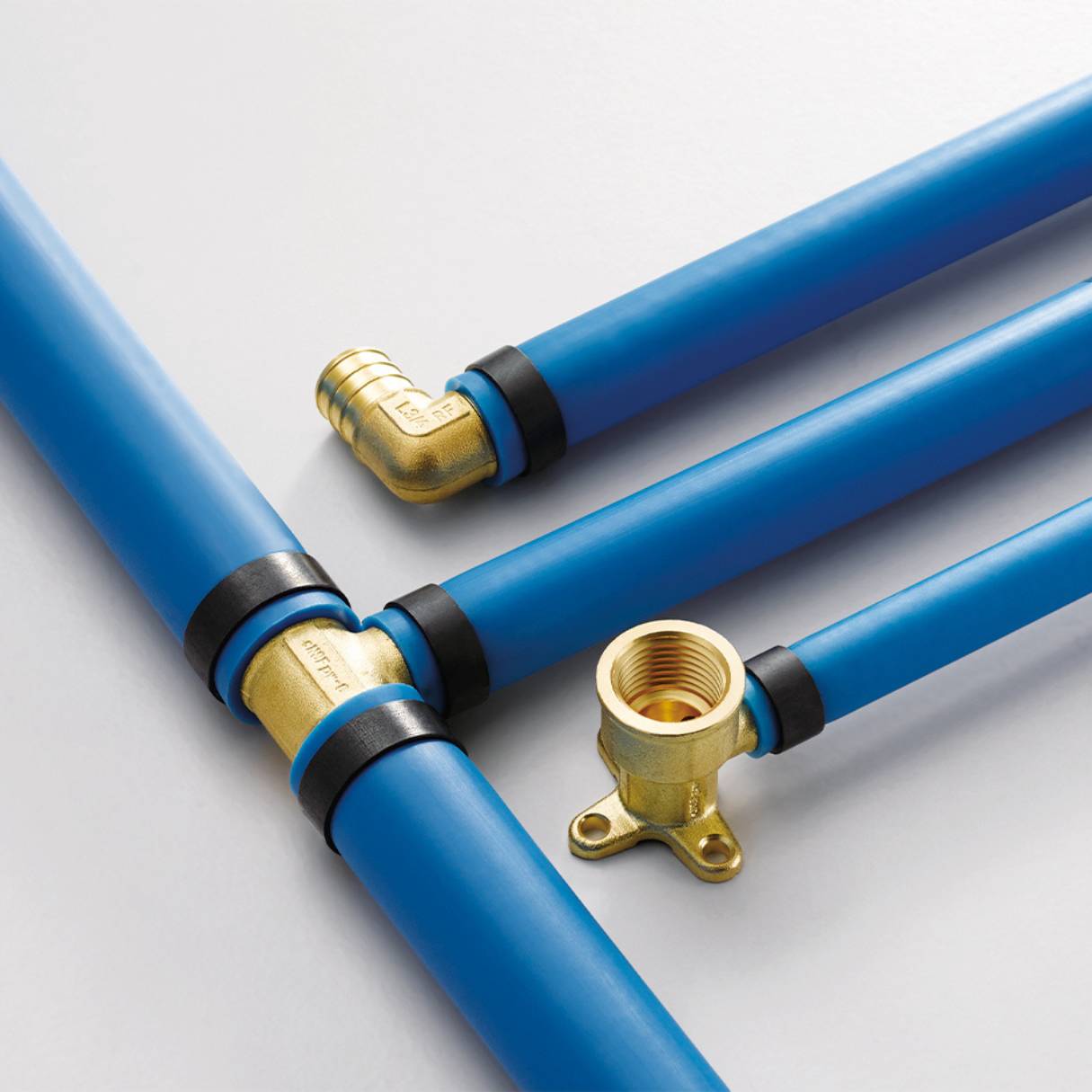
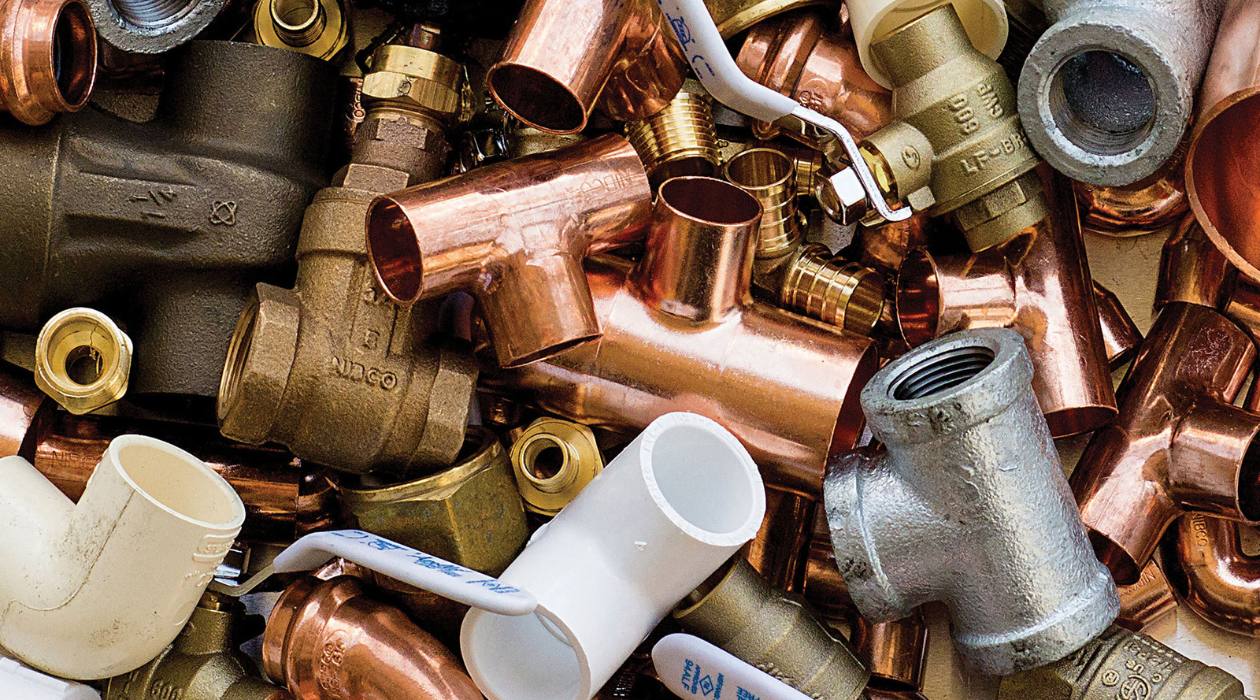
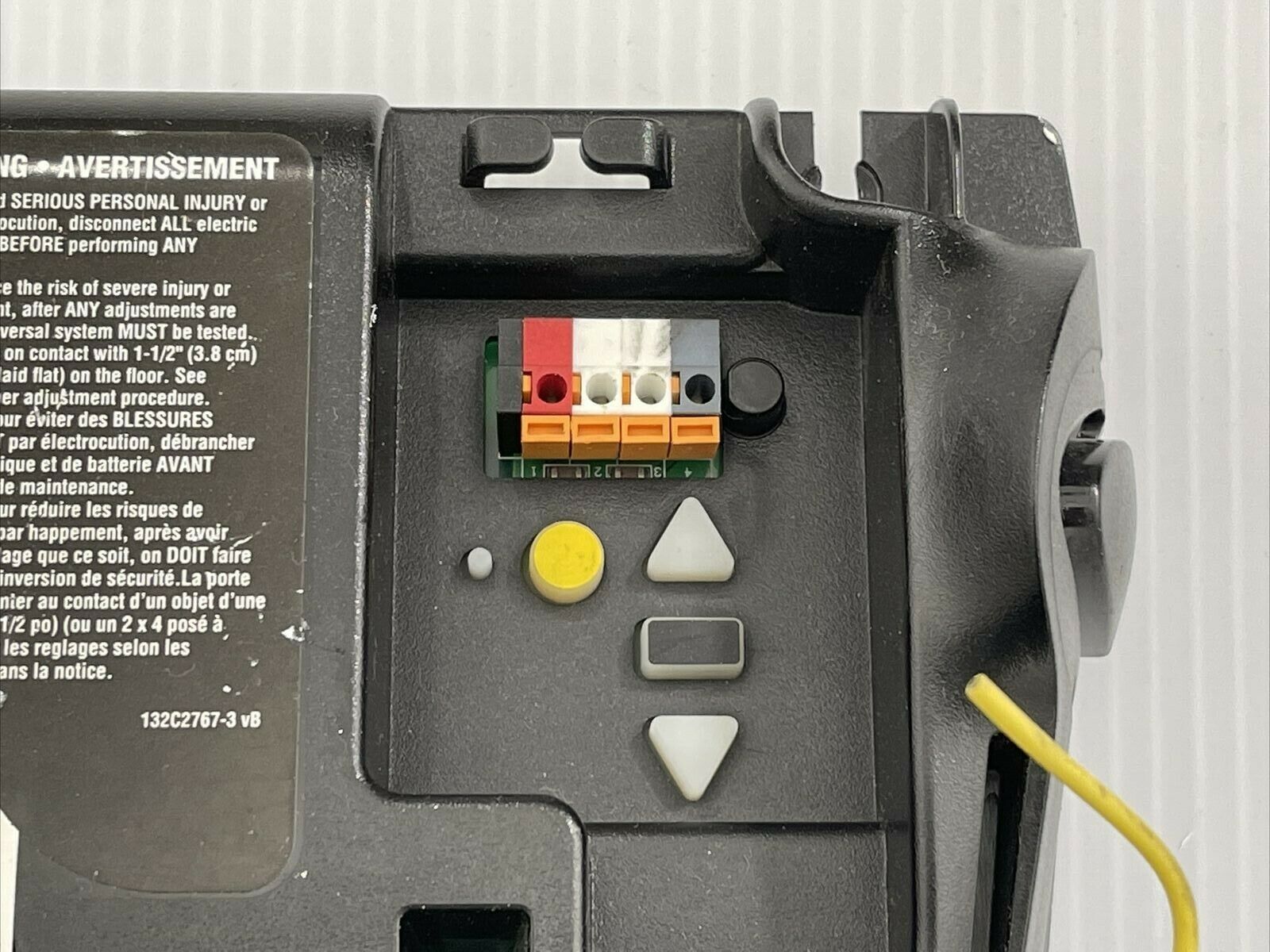
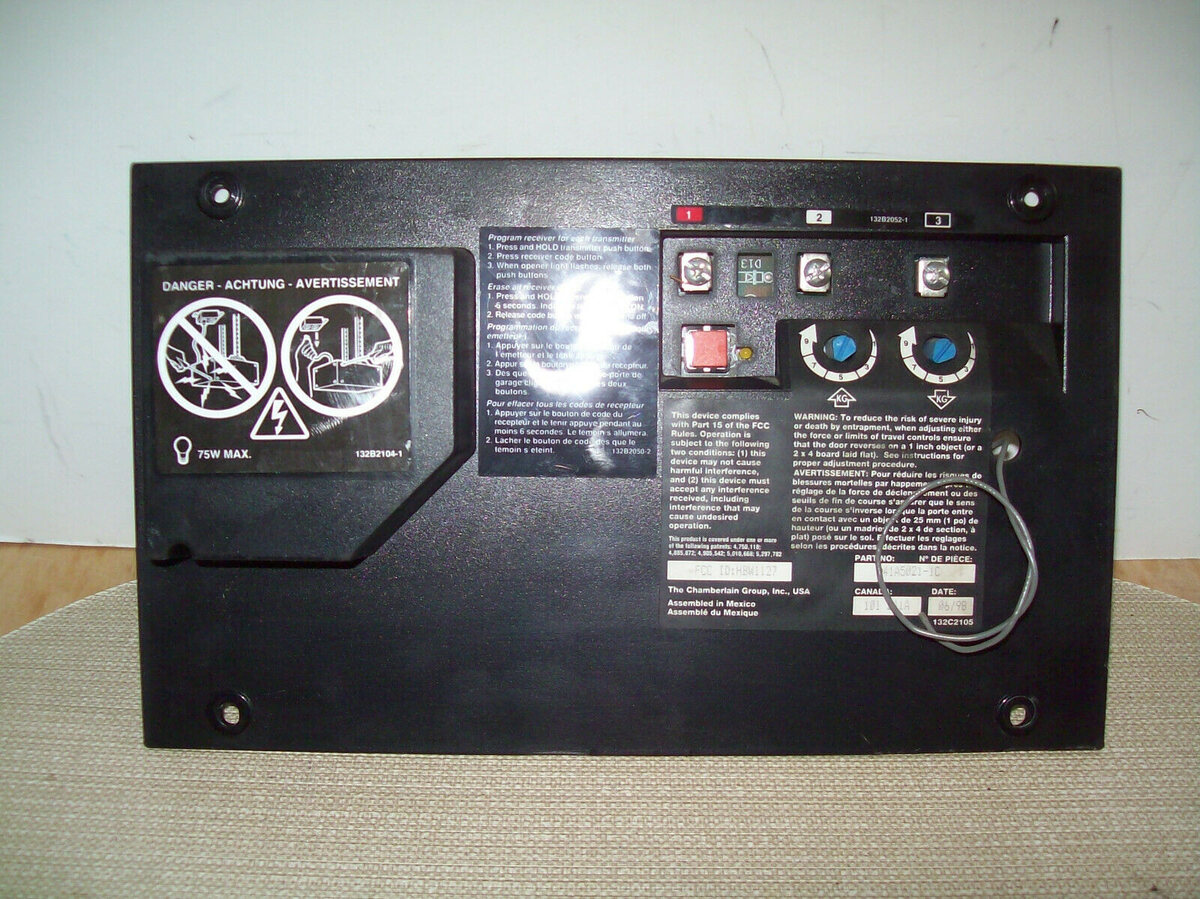
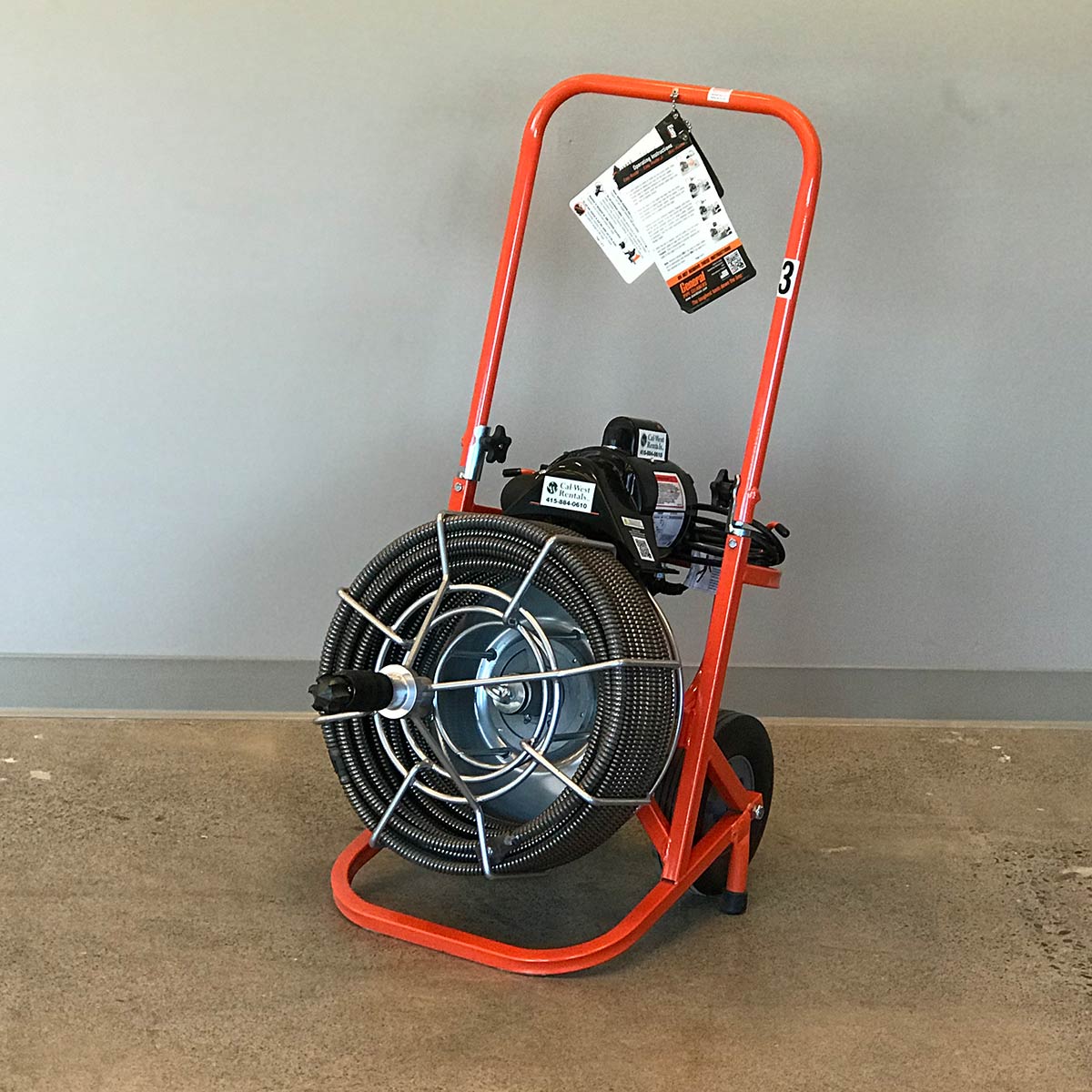


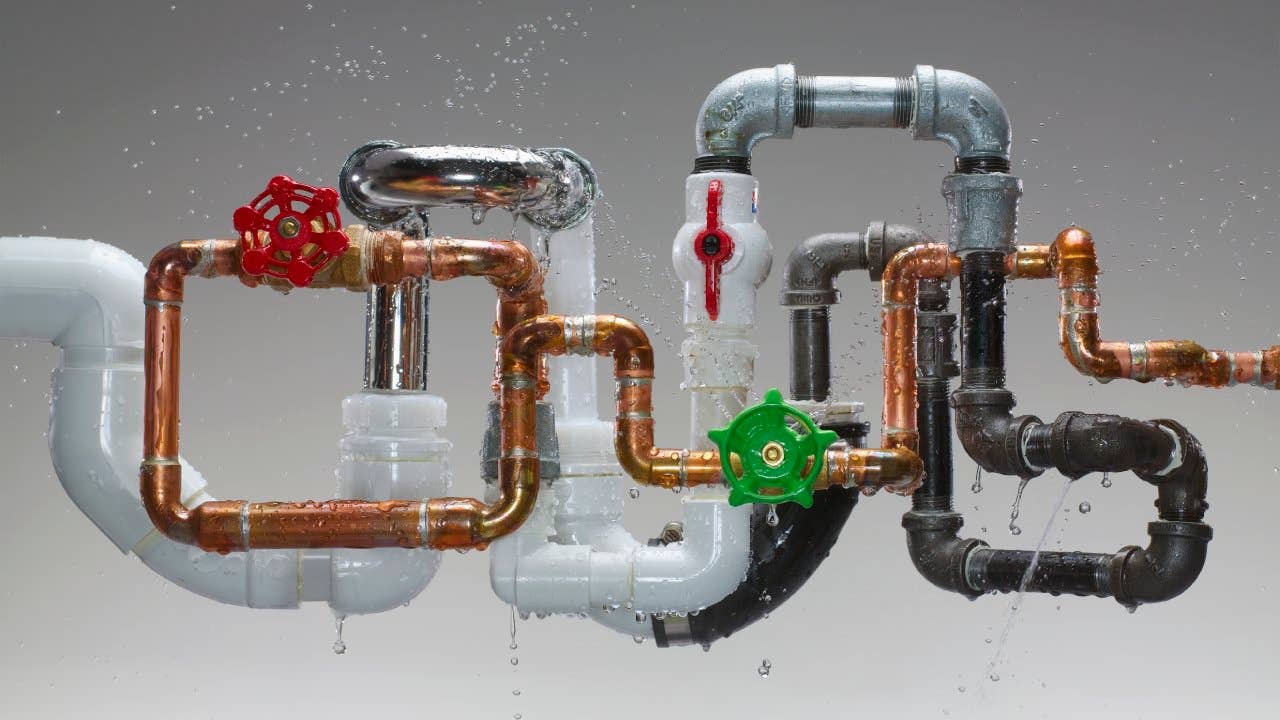



0 thoughts on “Where To Learn Plumbing”